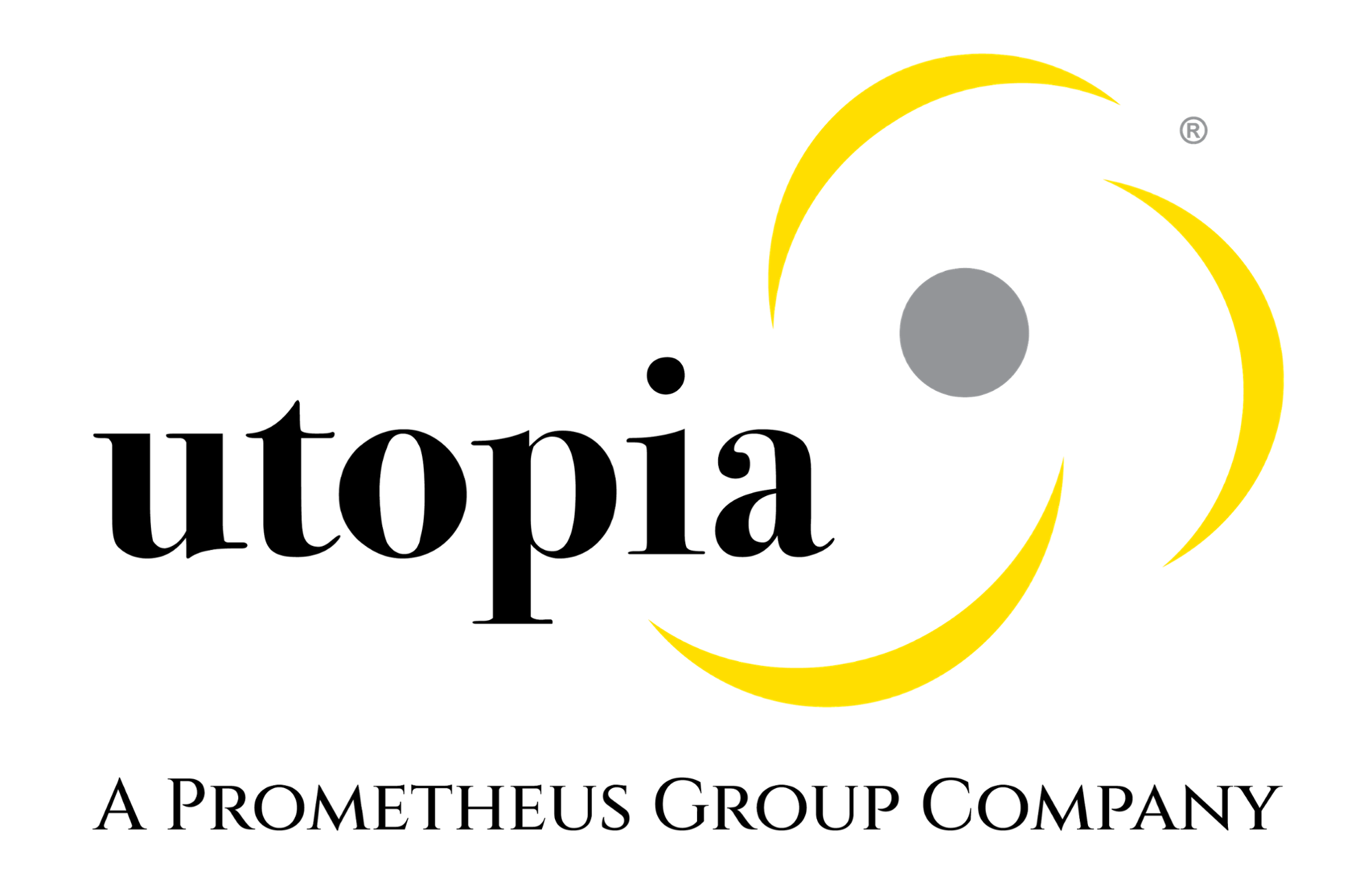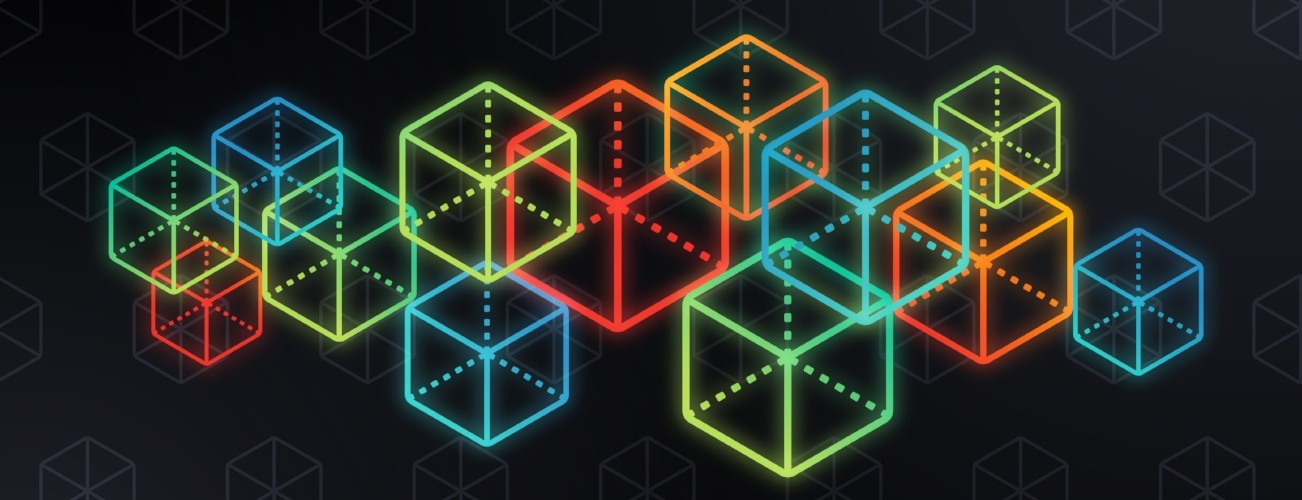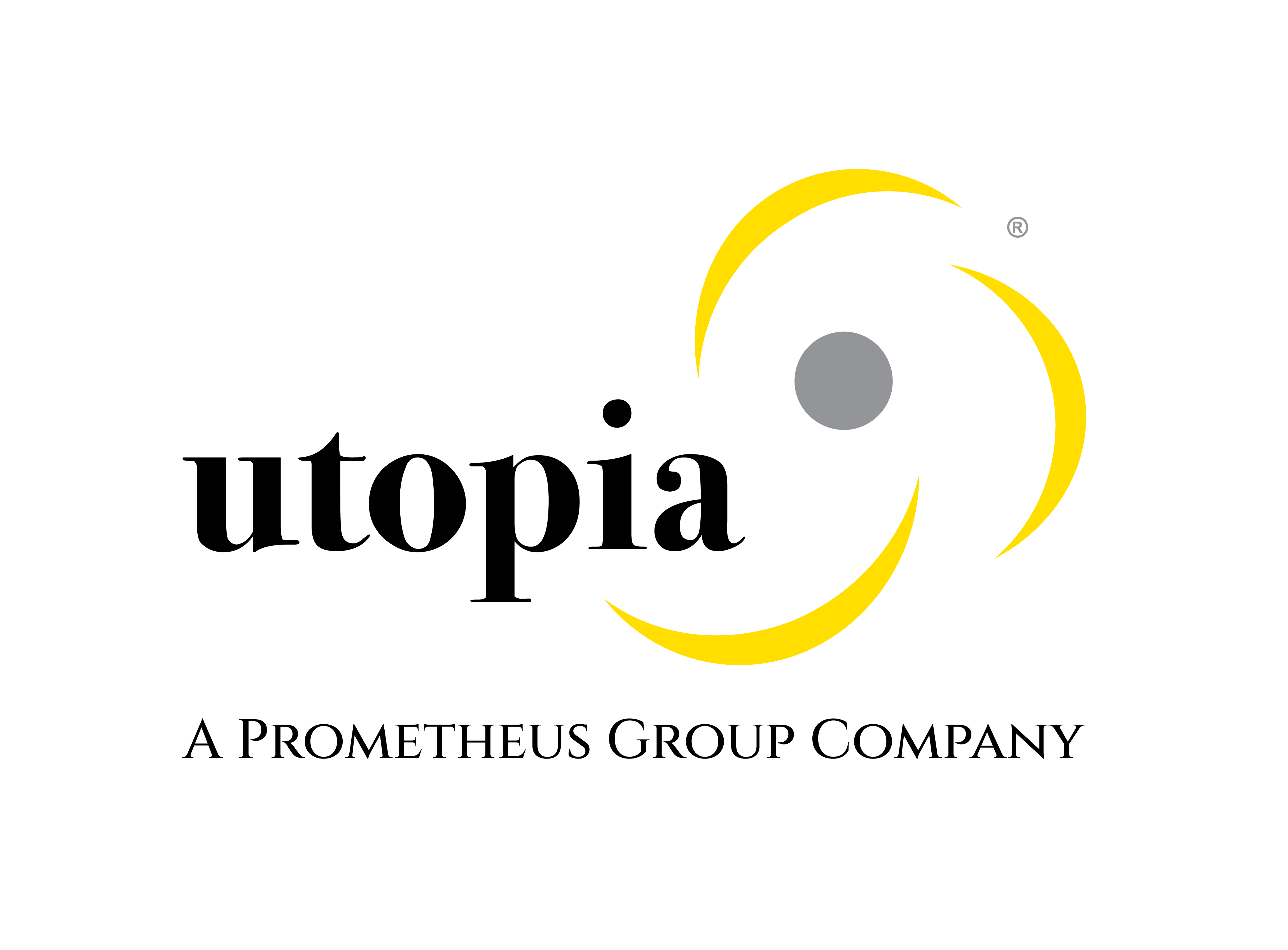Blockchain. It’s a giant topic that everyone wants to talk about, yet at the same time, no one is quite sure how to approach it. Is it over-hyped for practical application? Too immature in the market for companies who want to get serious about their data? Or are we all just not seeing it for the value it brings in its very existence…
So what is blockchain exactly? Or maybe… what isn’t blockchain?
One of my favorite quotes of the year on this topic is from Forbes Contributor and #womenintech superstar Jamie Moy who said “Blockchain is not bitcoin.” With the two abstract, complex and murkily defined technologies interwoven so often, it can be hard to separate them to their simplest definitions of purpose. And truthfully, if you Google it, the internet isn't even sure. You have to scroll halfway down Page 1 to read an article that talks about blockchain without mentioning Bitcoin. But I promise, they’re not the same the thing.
So here we go…
Bitcoin = digital currency. Often referred to as “Digital gold.”
Blockchain = A technological concept - a distributed network formed across a network of independently operated and controlled databases which allows for widespread decentralization. With blockchain, an organization is not confirming data transactions, it's thousands (maybe more) autonomous “nodes” in the network, that are validating the data and adding the transaction to a block. The new block is then added to the chain of existing blocks via cryptography (get it, blockCHAIN) and distributed/broadcasted to the entire network.
So quite literally, Bitcoin is a practical application and use of blockchain technology. The two complement each other, yet blockchain's existence is quite irrelevant to the rise and fall of bitcoin.
Where does SAP stand on blockchain?
At this year’s SAPPHIRE NOW conference in Orlando, SAP officially launched their SAP Cloud Platform blockchain. SCP blockchain allows users to build and extend applications leverging blockchain technology. That isn’t necessarily that unique, however, the key here is the integration of SCP blockchain (or essentially blockchain as a service) with SAP Leonardo, to allow for practical use of the technology to expand the possibilities of large-scale IoT programs and digital supply chain applications. To take it one step further, as an extension, SAP launched SAP HANA Blockchain, which connects an environment’s SAP HANA database to the most popular enterprise blockchain platforms.
The largest critics of blockchain’s break into the enterprise/corporate market believe it’s still widely untested with not enough tangible evidence that the simplified, decentralized model to distribute, control and share resources and data across applications is advanced enough for the complex, multi-landscape (multi-ownership) systems found in large organizations. What company (and its data stakeholders) would be willing to give up that central control over consensus?
The key here is taking blockchain from an abstract technology concept and applying it to real, enterprise applications, which is what SAP has proposed as a part of their SAP HANA Blockchain adapter, integrated with SAP Cloud Platform blockchain.
An excerpt from a piece written by SAP’s SVP of SAP HANA Platform and Databases sums up where SAP sees the connection of blockchain technology to the enterprise market:
“With SAP HANA®, we have the unique ability to enable enterprise blockchains and integrate them with new and existing business applications, so customers can take full advantage of the technology’s benefits. Therefore, our goal is to embed blockchain in our multi-modal architecture and have blockchain-related processes appear as a typical database transaction to both humans and machines – taking out complexity and inefficiency, but ensuring the speed, reliability, and security that enterprises require to run their businesses smoothly.”
SAP is already taking a proactive approach to addressing the real-world use cases for their blockchain innovations. In their announcement of the ready-to-use technology, SAP’s Blockchain Innovation Manager, Raimund Gross provided a supply chain use-case.
Soon, any Internet of Things (IoT) device can register an event that automatically triggers a business process, for example ordering new inventory to keep a production line running. Here the blockchain, as a trusted distributed ledger, can help ensure validation of the order through a digital signature and facilitate the order getting through to the company’s network of suppliers. In a more complex digital supply chain scenario, different suppliers might be able to submit their offers directly to blockchain, and the actual order is anchored in the distributed ledger as well. New suppliers only need to be onboarded onto the blockchain network once, and can then subsequently benefit from the built-in trust when interacting with other participants.
This might be an example of a “time will tell” scenario as enterprise adoption for blockchain still seems to still be living in a POC state. Stay tuned for more Utopia insights on blockchain in our next post around master data applications of blockchain technology.




